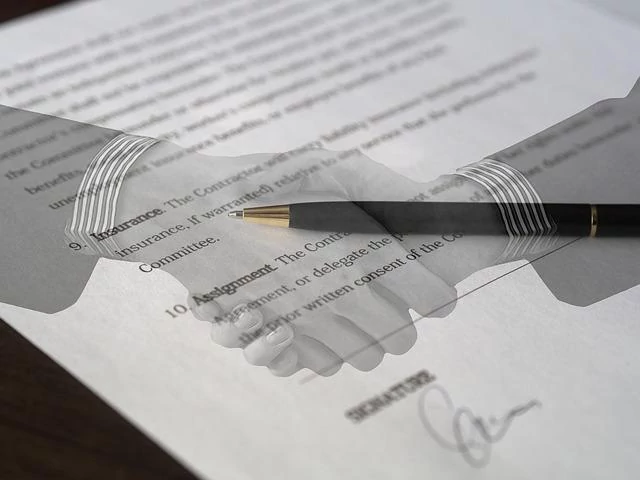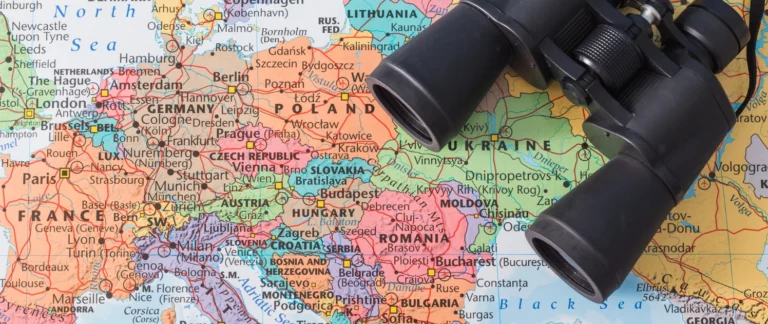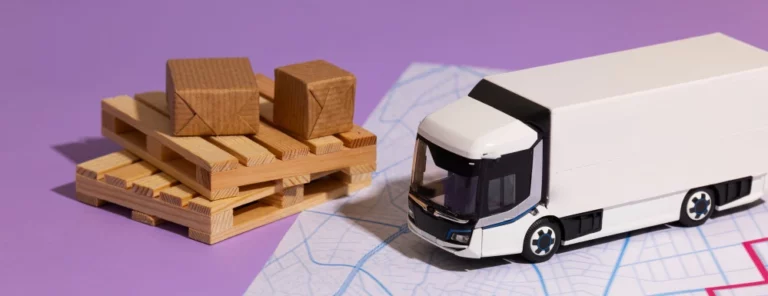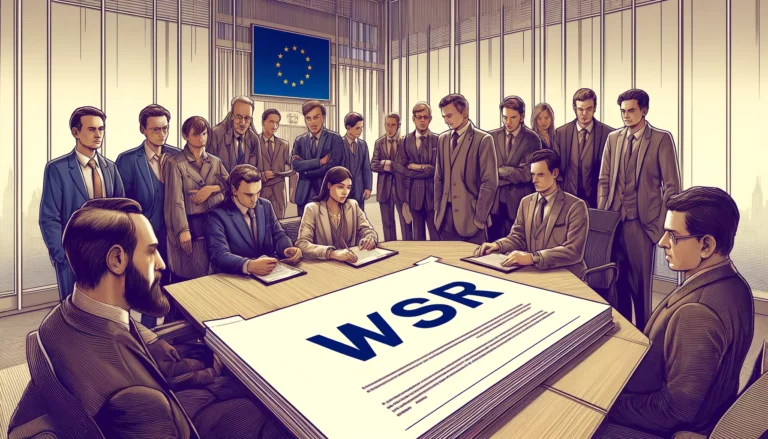Not just a subcontractor: waste transport consultancy by Pavel Kosinski

When you have an experienced advisor at your side, waste transport becomes more efficient and profitable. You see what doesn't work as it should, you see the gaps that need to be filled and you know how to streamline your processes so that they produce the desired result. If you had to do it yourself, you would lose time and money. With Paul Kosinski at the helm, the direction is one - success.
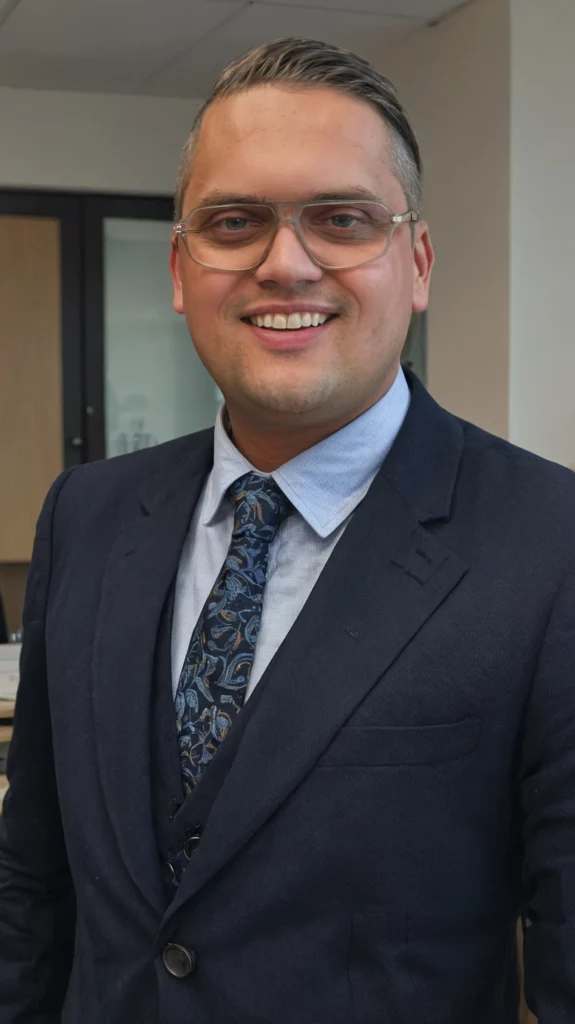
I CREATE SOLUTIONS IN WHICH THE CARRIER IS NOT A SUBCONTRACTOR BUT A BUSINESS PARTNER. BY WORKING WITH ME YOU HAVE AN INPUT INTO SETTING THE RULES, NOT JUST APPLYING THEM.
CONTACT ME:
Who Pavel Kosinski is and why you should trust him
Paul is a practitioner of arranging transport so that it is predictable and profitable. He breaks down the company's work into its elements: routes, shifts, stops, workflow, communication with the office. From these building blocks, he assembles a simple operating manual for drivers and dispatchers. He gives the tools - among other things facilitate the monitoring of cars - and keeps an eye on their implementation.
Advantages of working with an adviser
A waste transport consultancy makes sense when it helps with day-to-day operations. It is the element that connects all processes and allows the company to operate without downtime. What does it affect in practice?
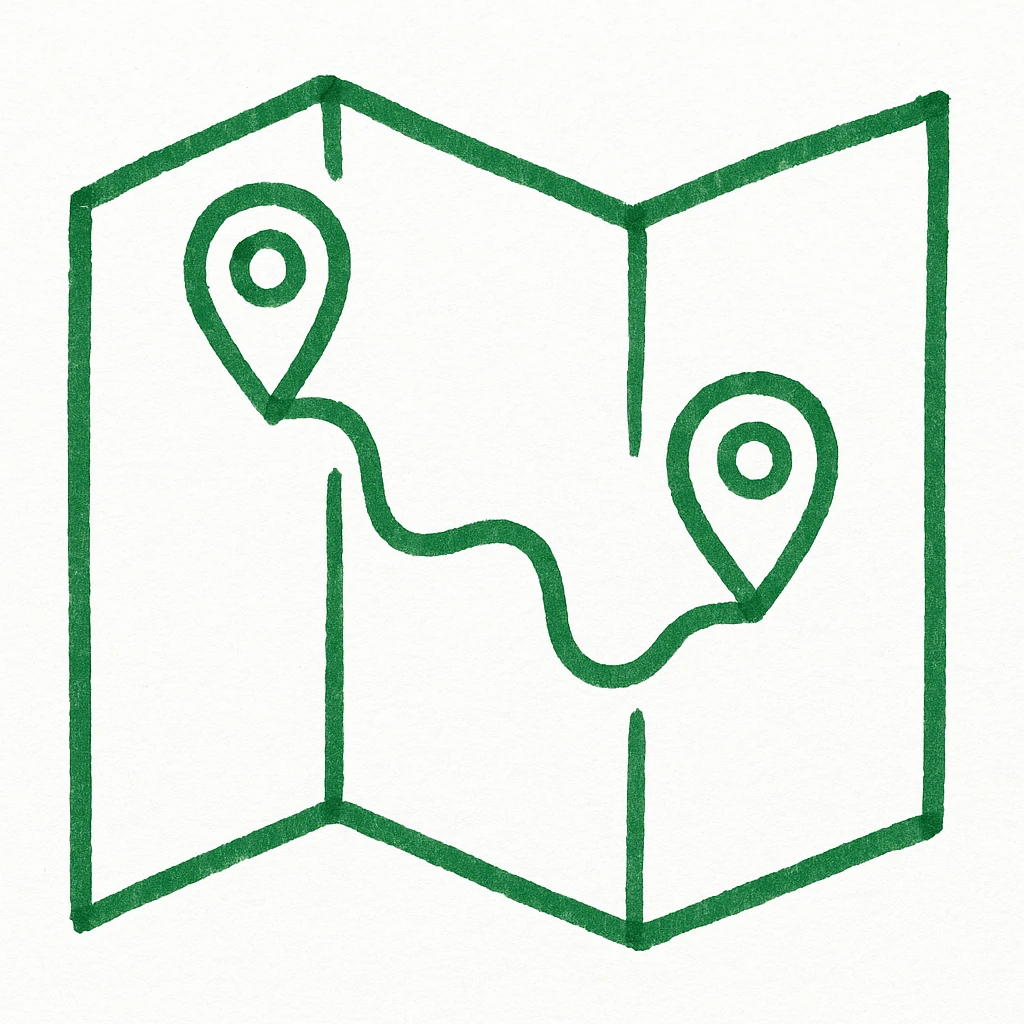
Car operation and planning
The consultant provides simple tools to view the fleet (such as HOGS Maps) and presents a clear work plan. Drivers know when and from where to where they are going, and the dispatcher does not have to call every five minutes. This way, improvisation disappears and order appears. As a result, the number of empty kilometres decreases and you make decisions on the road quicker and without nerves. The result: less wasted fuel, more loaded kilometres.
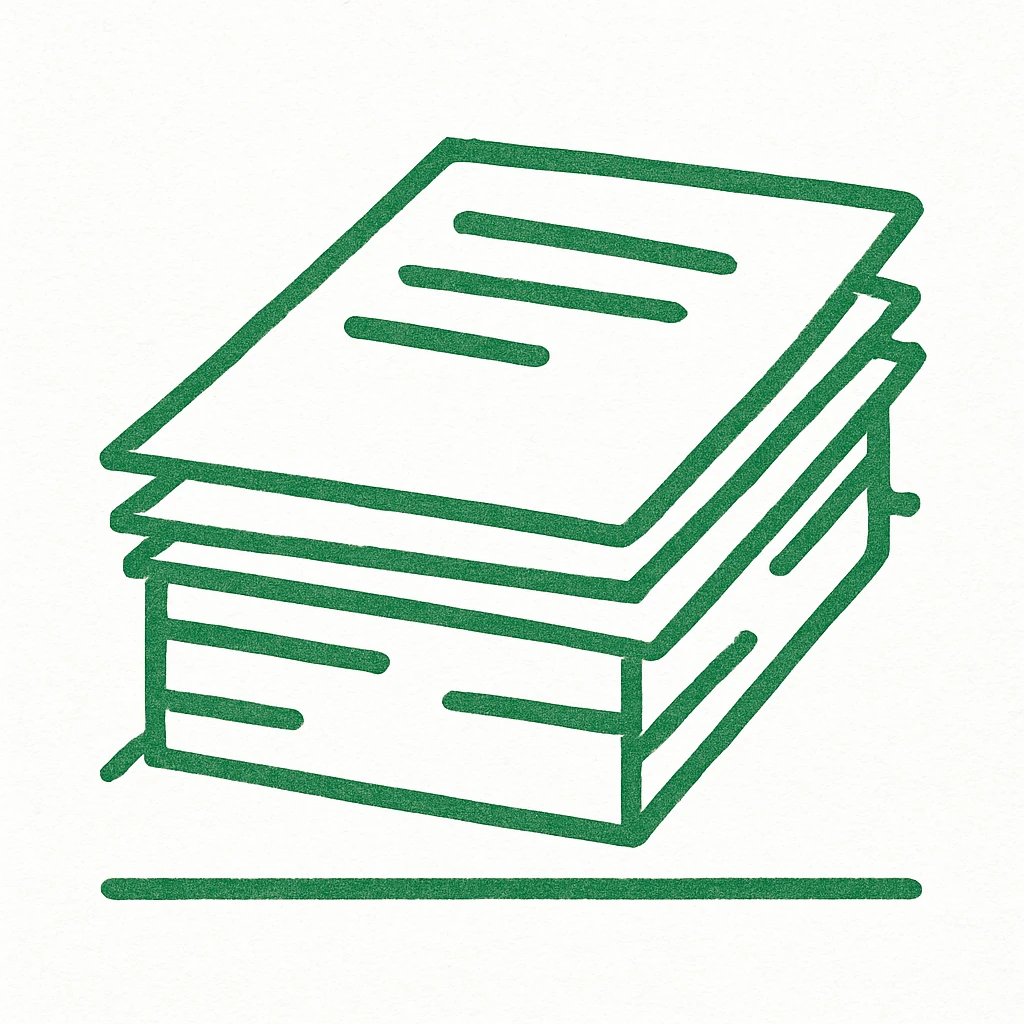
Documents and compliance
Instead of searching for recipes on forums, you get a ready-made path: what permits and registrations are neededwhat attachments to include, what should be in the cabin and in the office. The consultant will review the paperwork and suggest how to fill in the gaps. In practice, this means peace of mind at inspections and no problems at the offices. Documents cease to be "scary" and simply become part of the process.
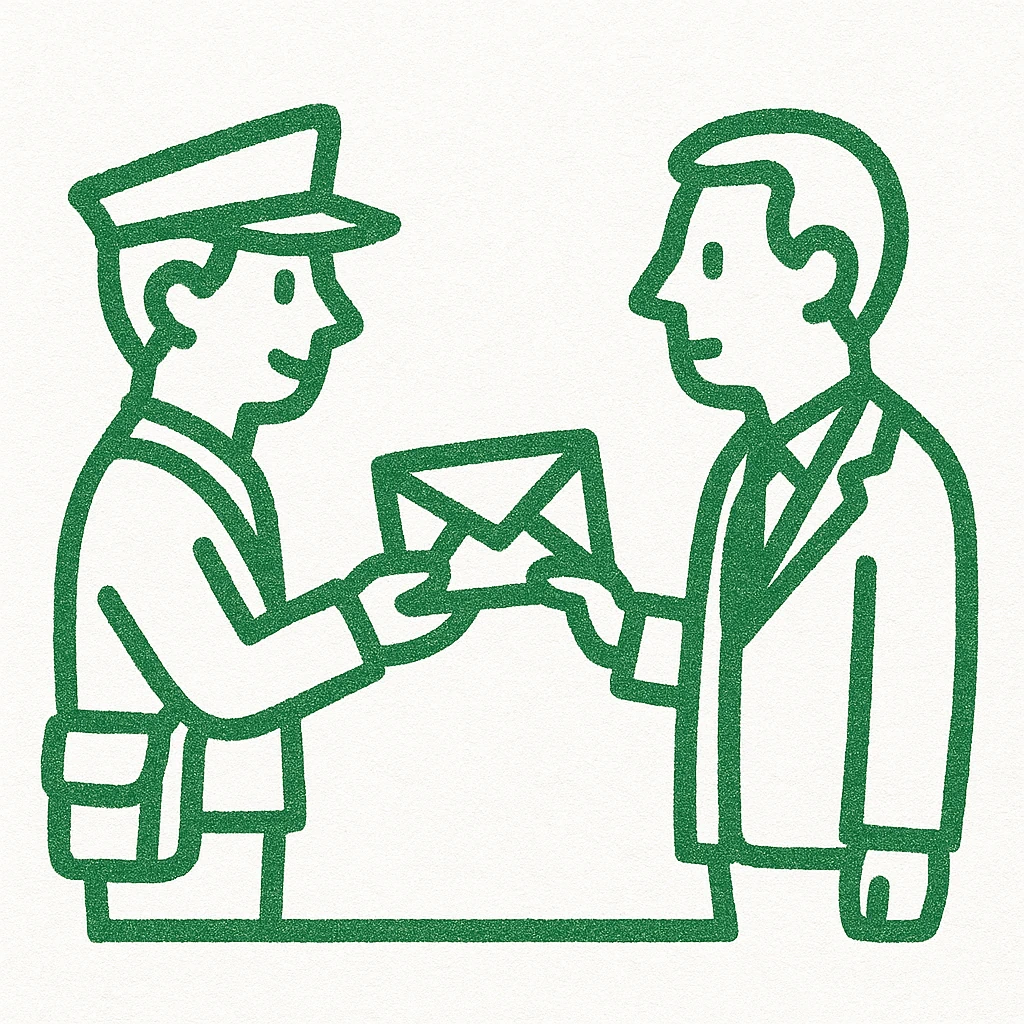
Contact with authorities and institutions
When questions or divergent interpretations arise, the counsellor takes charge of correspondence and discussions. He keeps an eye on deadlines, provides explanations. If necessary, he mediates so that the case is closed more quickly and without escalation. You, meanwhile, do your own thing - driving around and clearing assignments - rather than queuing or writing letters at night.
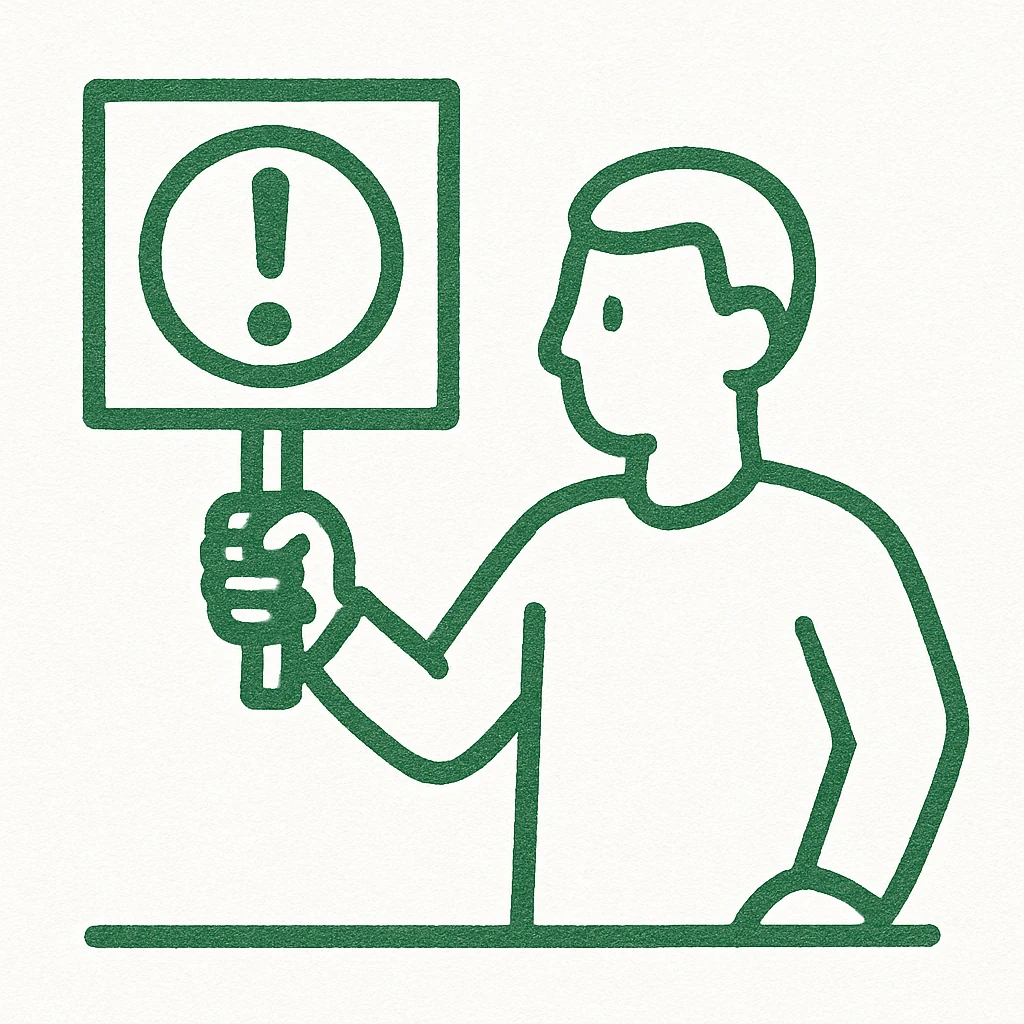
Emergency situations
A delay at loading, a refusal to accept goods, a change in requirements on site - chaos is easy at such times. A consultant takes over the difficult calls, agrees alternatives and suggests what to document to protect your side at settlement. This way, you move on, instead of wasting a day on 'pushing', and each unusual situation has a simple, tried-and-tested scenario for action.
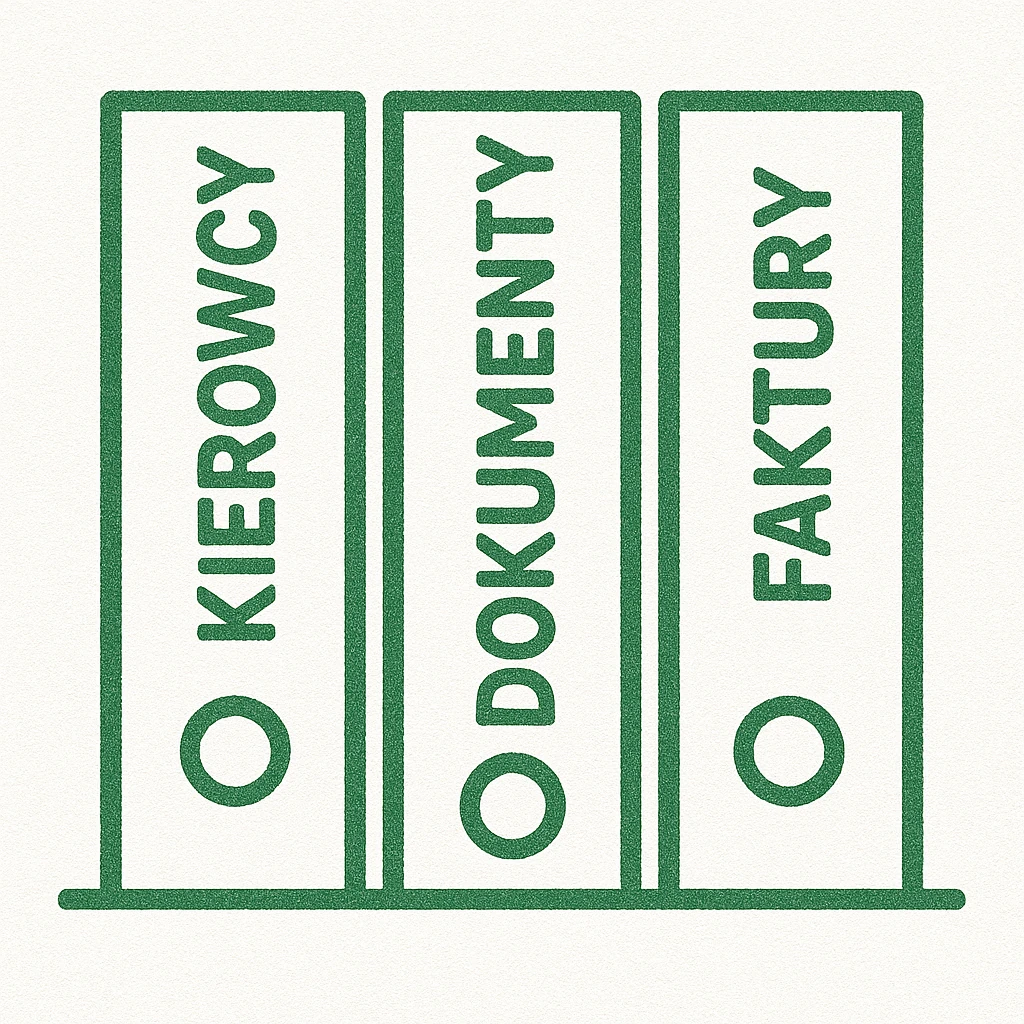
Finance and accounting
Waste transport consultancy will tell you what to look out for when choosing contractors. Checks contracts for hidden costs, illegal clauses that could bring the haulier into disrepute. It clarifies payment deadlines, establishes the liability of the parties and the proper circulation of documents. The result? Your invoices are paid on time and the customer has nothing to "complain about".

People and communication
Everyone in the team knows what they have to do: the driver, the dispatcher, the office. Instead of complicated rules and regulations, you have short instructions that can be implemented here and now. Fewer misunderstandings, fewer phone calls asking "what's next?", more smooth working. For more difficult topics, you have a single point of contact - an advisor who helps you make a decision right away.
Document chaos or customer problems? Let us fix it right away so your waste arrives on time. Give me a call or write to me:
p.koszynski@ekologistyka-24.pl
+48 519 516 869
attention of paweł koszynski
If anyone is thinking of really making money from waste transport, they need to be aware that there is no room for chance here. This is an industry full of regulations, nuances and requirements that can block any investment. I know it inside out, as I co-founded Adar, the largest forwarding company in Poland. I have seen how to build the strength of a carrier from scratch and how easy it is to lose this strength without proper preparation. I helped smaller companies to enter the market, guiding them step by step: from obtaining the necessary permits, through waste logistics, to establishing cooperation with recyclers across Europe. I started with simple contacts to German paper converters who were looking for honest and timely hauliers. Today I know one thing - consultancy in waste transport really does make a difference. With the right support, a company enters the market faster, safer and, above all, profitably.
What might a waste transport consultancy look like? Example mileage consultation
Before the interview
You get short questions:
This only takes a few minutes and saves time further down the line.
Target setting
At the outset, we establish what needs to change first:
A clear objective means concrete conclusions.
Diagnosis in a nutshell
The adviser analyses four areas of your business:
- Cars' work and daily plan - what the week looks like, where downtime occurs, which slows down drivers and dispatchers.
- Documents and compliance - What permits/authorisations are there, what is missing, what the driver has (or should have) in the cab, what needs improvement in the office.
- Contact with authorities - Whether there are cases 'pending', letters to be completed, deadlines to be watched.
- Emergency situations - what the procedures are for refusal of loading, delay, additional requirements on site.
It is not a question of finding fault - but of locating obstacles that can be removed immediately.
Quick recommendations "for today"
At the end of the conversation, the advisor points out some of the most important recommendations that you can implement right away to improve the work of your drivers or your office.
And what about after the interview?
You get a brief summary: what to improve, who should do it (distribution of tasks) and in what order. A plan is then drawn up - described in simple language, with deadlines and responsible persons. The plan also includes: directions to the documents (what to complete and where), brief instructions for the driver and contacts for support in possible discussions with the client or the authorities.
Check
At an agreed date, it is checked whether the proposed measures have had an effect. If there is still room for improvement, the counsellor adjusts the further action plan - in small steps, without stopping the work.
However, every company works differently and needs different solutions. Those that work well for one carrier will require a completely new plan of action for another. That is why Paweł Koszyński relies on an individual approach and tailor-made solutions. The time to effect also varies: some people see a difference after just a few days, others - if their problems run deeper - need more work and consistency. The important thing is to go step by step and systematically do things that really improve results.
Transports not going your way? I will identify where the problem lies and fix it for you. Get in touch with me:
p.koszynski@ekologistyka-24.pl
+48 519 516 869



